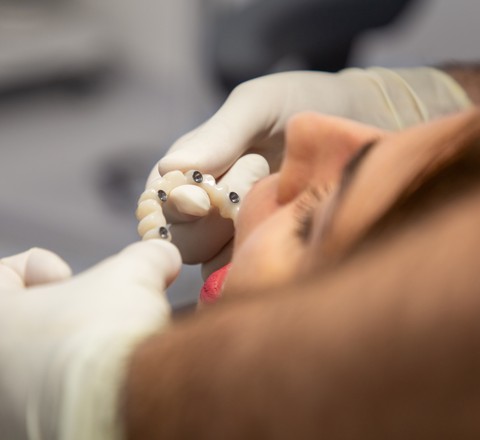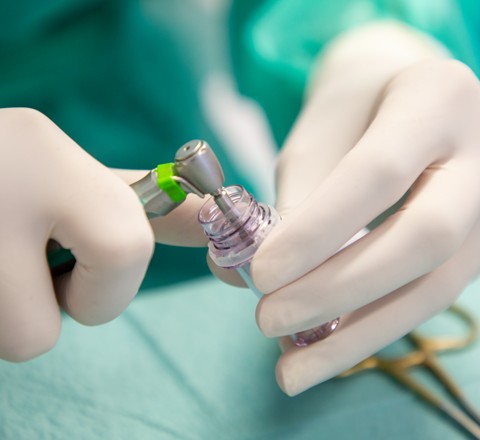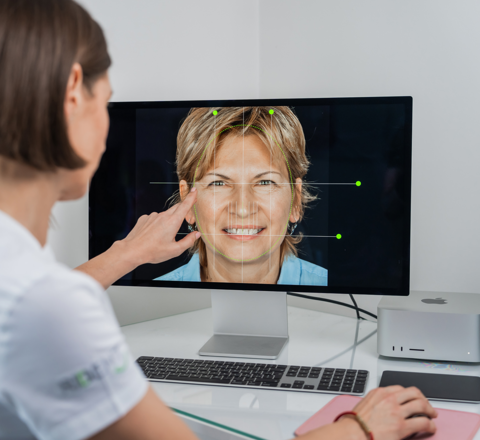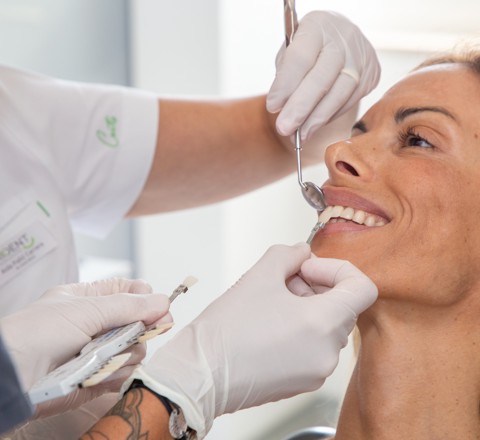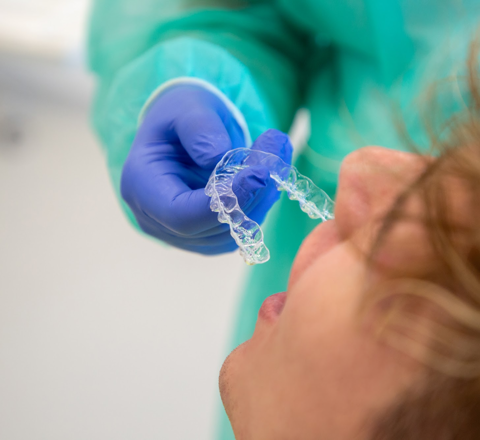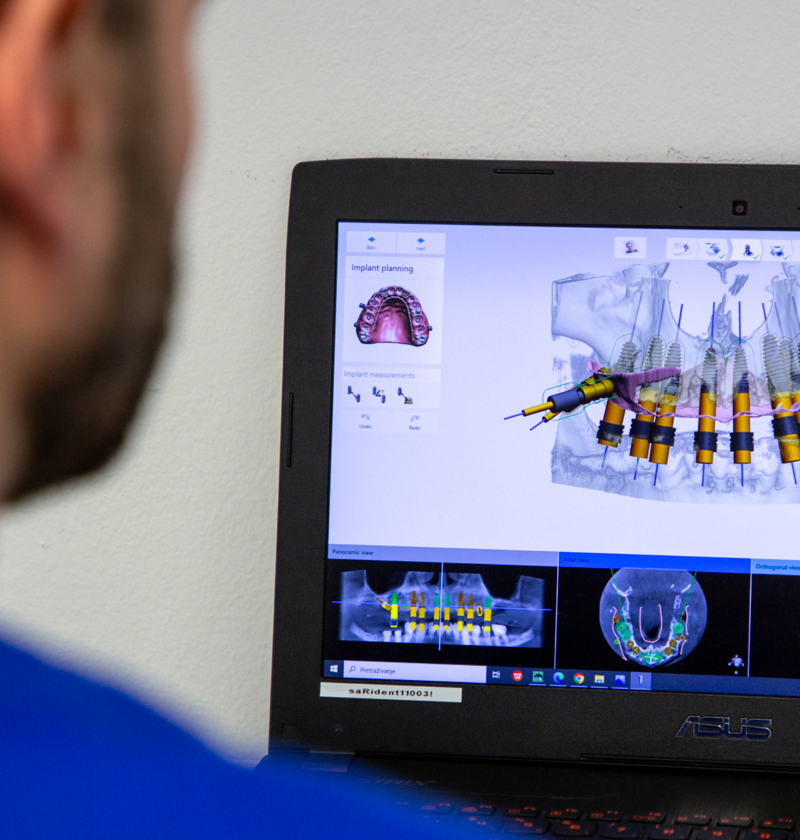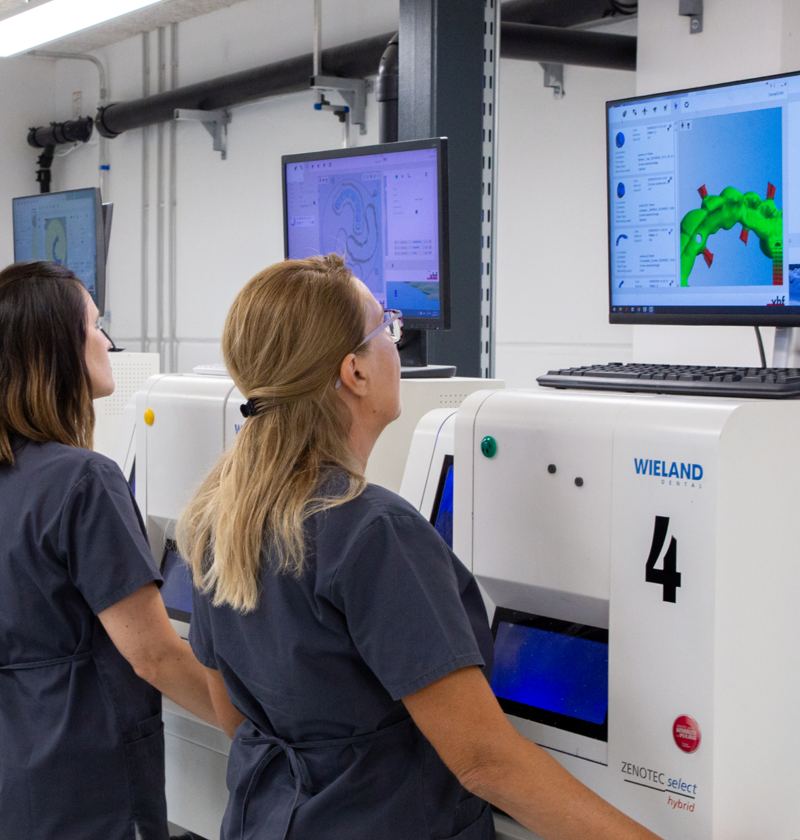Rident brings back the smile
Rident in numbers
years of work
dental assistants
dental offices
dental technicians
medical radiology engineers
dentists
patients per year
How can we help you?
Tell us what dental problem you have and we will find the best solution for you.

Why choose Rident?
An interdisciplinary team that brings back the smile!
Thanks to numerous satisfied patients over the past two decades, Polyclinic Rident has become the largest dental clinic in the region. We operate in two locations, in Rijeka and Poreč. We are especially proud that the group includes the Ridental dental laboratory, where dental technicians, in cooperation with our specialists, create high-quality, aesthetically and functionally superior prosthetic works.
![najveca poliklinika]()
Our foremost aim is patient safety and satisfaction, and the entire system is organized in such a way that the patient at all times understands his/her therapy and the services provided. We also work on Saturdays, so appointment times can easily be adapted to the needs and travel of patients who come to Rident. Our employees are fluent in foreign languages, which, in addition to excellent transport links and accessibility, allows patients to easily reach us and communicate.
![desetljece iskustva]()
Rident offers a full range of dental services, from routine exams to complex surgeries, all in one place. Our interdisciplinary team of experts works closely together every day to provide personalized, superior care, tailored to each patient's needs.
![vodece tehnologije]()
By investing in the latest digital technologies, from 3D imaging to computer-aided design and manufacturing (CAD/CAM), we ensure the most accurate diagnosis and precisely tailored therapy in modern dental medicine.
![multidisciplirani tim]()
Rident Polyclinic provides superior quality dental services at competitive prices, ensuring the availability of excellent care without compromising the quality of treatment.
![sveobuhvatna usluga]()
Google reviews
Special offers






